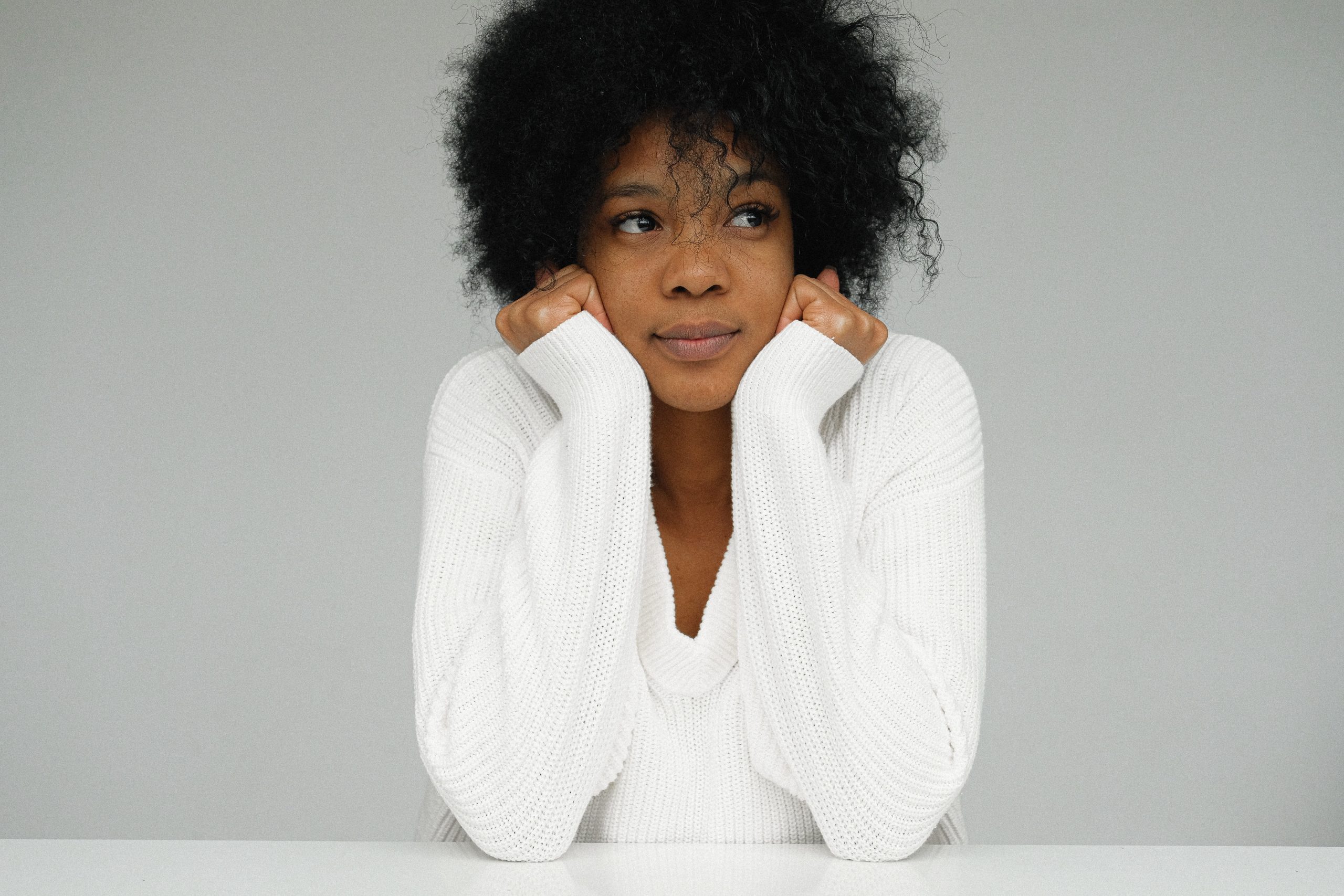Self-confidence is one of the most complicated things to achieve and maintain, regardless of age. It is a fragile entity that deserves the full attention of healthcare professionals when dealing with people who have low self-confidence and self-esteem.
When this lack of confidence is omnipresent and manifests itself in several areas of an individual's life, they may seek to compensate for it by consuming various substances: tobacco, cannabis, alcohol, etc. These substances will give them the impression that their suffering is diminished and that they are gaining confidence “artificially.”
- What are the most common issues that come up during your consultations?
I see many of my patients with a common problem: lack of self-confidence. They explain that they have trouble loving and appreciating themselves. They judge themselves harshly and find it hard to estimate their worth. This problem impacts their daily lives in many areas: professional, marital, social... It's just as common among non-smokers as smokers. Nevertheless, in this type of problem, the addictive substance fills the “lack” and fills it superficially, as it “makes things more pleasant” (as one patient put it).
- What do you think is at the root of this lack of confidence?
Self-confidence is built through three different channels:
– The first step is family. When we are born, the first model we have is the family model. It shows us what interpersonal relationships are, what conflicts are, how to communicate... If we grow up in a healthy, loving environment, it will give us a good foundation for self-confidence.
– The second stage appears around the start of middle school, with peer socialization. We turn to people who look like us. It's the cliché, but very true, of American TV series with groups of teenagers who resemble each other in their clothing styles and attitudes: jocks, goths, geeks... We'll get closer to people who have the same values and tastes as us, who will contribute to the feeling of unity. In this way, our self-confidence will be reinforced by our friends and peers.
– The last step is the romantic relationships. Our family and friends may appreciate us, but we need to be appreciated and loved by someone we like and who attracts us in love. Through the eyes of the person we love, we'll strengthen our self-confidence. If any of the steps is complicated and doesn't go well, it will weaken our self-confidence and potentially create problems throughout our life journey.
- What tools do you use in practice to overcome the problem of trust in your patients?
When I encounter this type of problem, I use tools from the cognitive and behavioral therapies. I do a lot of practical exercises: list of qualities/faults, projection into the skin of someone else (a friend, a superhero...) to allow the patient to decentralize...
I also ask them about their values and how important they are to them. Before you can learn to love yourself, you have to know who you are. This is the big difference between self-confidence (knowing who you are) and self-esteem (the value you place on yourself).
- Do you have any tips for everyday life?
In everyday life, I give my patients exercises to do on a daily basis, based in part on the positive psychology.
For example, each evening I can ask them to list a skill they've demonstrated during the day: arriving at work on time, getting ready in the morning, going for a walk during the day... This will boost their self-confidence and make them feel good.
Autors:
Maud Tijardovic (clinical psychologist specializing in addiction treatment)
